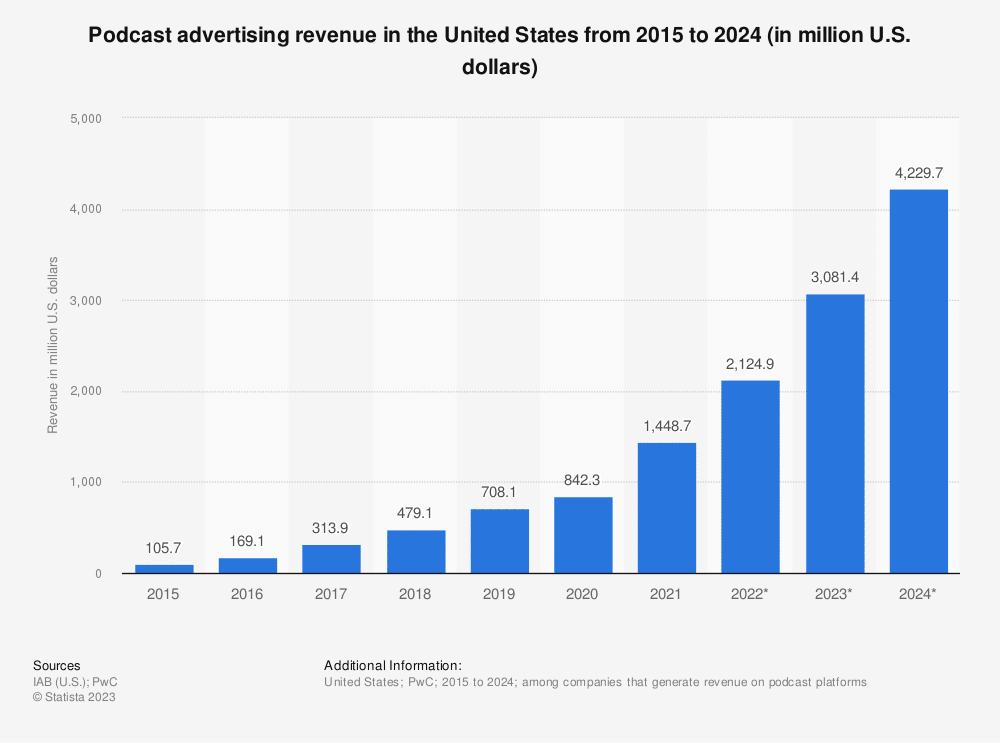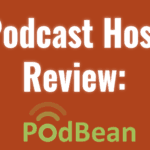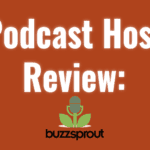Podcasts How to Make Money? The 4 Billion Dollar Question.

Last updated on March 4th, 2023
Podcasts… How to make money? That’s the $4 billion dollar question. How do you get a piece of that pie? How do you monetize your podcast such that you can move from hobbyist to professional?
While many podcast hosts begin their shows simply to share their expertise, build an audience or personal brand, or just for the love of the craft, it is safe to assume that many podcasts are created with eventual monetization in mind. Revenue from advertising on U.S. podcasts alone is estimated at around $812 million, according to the 2020 IAB U.S. Podcast Advertising Study, and that number will likely hit $1 billion soon. Popular shows can charge in the tens of thousands for a single ad, potentially reaching millions of listeners with each episode.
Update: Statista.com now estimates Advertising on Podcasts could top $4 billion by 2024.

IAB (U.S.). (May 9, 2022). Podcast advertising revenue in the United States from 2015 to 2024 (in million U.S. dollars) [Graph]. In Statista. Retrieved March 05, 2023, from https://www.statista.com/statistics/760791/us-podcast-advertising-revenue/?locale=en
If those figures are intimidating, you will be happy to know that advertising is not the only way you can earn a profit from a podcast, and more importantly, you do not need millions of subscribers to get started.
Table of Contents
Who Should Monetize Their Podcasts?
Common sense says that only podcasts with dedicated audiences that will not be turned away by a mid-roll or pre-roll ad (an ad that plays in the middle or before an episode begins) should look to monetize. While it is true that you may not want to start your first episode with an ad, the practice of advertising in podcasts has become so commonplace that there is little to no reason not to monetize if earning revenue is a goal of your podcast. There are several avenues podcasts with just a few hundred listeners can use to find potential advertisers.
Podcasts How to Make Money Option 1: Programmatic Ads
As should be expected, the most common way podcasts make money is with advertisements, whether it be reading a script mid-episode, publishing episodes on Youtube and gaining ad revenue there, or some other variant of the two.
For very small or niche podcasts, consider reaching out to potential advertisers such as businesses within the industry your show addresses directly. Many advertisers have a certain audience in mind and will happily pay if you can prove you have direct access to that group. Medium or large podcasts can utilize the variety of podcast “ad agencies” to find advertisers.
Editor’s Note: This post contains affiliate links. We may earn a small commission at no additional cost to our dear readers.
For small or mid-size podcasts, a variety of new options are available to help with monetization from advertising. One example is Spreaker’s Ad Revenue Program, which allows podcasts of any size to add cue points within their shows where ads can be inserted automatically and gain revenue based on their CPM, or cost per thousand impressions.
The podcaster will keep 60% of the ad revenue, while Spreaker will retain 40%. This type of program removes much of the work of finding advertisers directly and the pressure of reaching guaranteed CPMs per episode. Plus, the podcaster can monetize their entire catalog, and with new ads being inserted dynamically, the ads on your podcast will always remain relevant.
Libsyn has been pushing hard to answer the question “How to make money with a podcast” for creators of all audience sizes.
What if you’re a big podcaster?
If you run a big podcast, or have a podcast network, it’s likely advertisers are already knocking on your door. This is great, right? But generating revenue for a big podcast catalog can be challenging even for the most experienced sales team.
Fortunately, the ad tech industry has been making significant improvements to make podcast monetization easier and scalable. One example is Spreaker’s Campaign Manager, a tool built within Spreaker’s CMS in which publishers have the ability to traffic their own audio ads, configure campaigns, adjust targets, and monitor results.
As we said before, fully monetizing a vast backlog can be hard, that’s why publishers also have the option to make part of their unsold catalog available on Spreaker’s Ad Exchange. This is another useful feature that allows podcast publishers to insert programmatic pre-roll, mid-roll, and post-roll ads into their current content as well as into their entire back catalog of episodes.
This means a creator can monetize all of their content, old and new, this is especially beneficial for podcasters with evergreen content and can significantly increase revenue potential.
Advertisements are typically at the beginning, middle, or end of a podcast, usually pre-recorded but sometimes read live. Several podcasts also incorporate ad reads directly into their script or episode narrative, directly addressing the partnership or subtly mentioning a sponsor.
In any case, an audience needs to connect with a product being sold and if a partnership seems forced or like a money grab, it is likely to do more harm to the show in the long run than good.
Read more: Podcast Monetization: What You Need to Know
Podcasts How to Make Money Option 2: Subscriptions or Donations
If you are concerned about fans being turned off by monetization, consider an option like paid subscriptions rather than advertisers, which allows you to reward your loyal listeners rather than taking up their time with ads.
Platforms like Patreon allow listeners to join a virtual fan club and pay a small monthly fee in exchange for access to bonus episodes, and exclusive content. An even simpler approach is a platform like Buy Me A Coffee or Ko-Fi that allows podcasters to create virtual tip jars and reward donors with bonus content.
Of course, the more successful the podcast is the more revenue this method will generate, but even small podcasters with just a small group of loyal listeners can use this method to gain a bit of extra income.
With either approach to donations, rewards can drive listeners to give again or continue subscribing. Exclusive content is one of the most common methods and systems like Spreaker’s private RSS feed tool which allows podcasters to create exclusive episodes to share with their paying listeners only.
You can also consider putting old episodes behind a paywall for the public, but giving paying subscribers access to them. Merchandise, customized video greetings, and access to meet and greets or live events are common rewards, as well.
Podcasts How to Make Money Option 3: Affiliate Marketing
If you are worried you will not be able to find advertisers, consider taking things into your own hands with affiliate marketing. While it may sound identical to a listener, affiliate marketing essentially allows you to sell a product to your audience by sharing an individualized link or promo code, with you earning a small percentage of the sale or a commission in return.
Businesses of all sizes offer affiliate marketing programs, and in many cases, you do not even need to interact with the business to join their system. For example, anyone can join Audible’s Creator Program, where you can create a private referral link to share with your listeners that scores you a commission if they sign up for a free trial.
This is an especially great option if your podcast is new or small, and you do not have the listener base or the analytics to draw in a big advertiser. Instead, join an affiliate program, write a script for an ad read discussing the product you are selling, share your promo code, or put the link in your episode description, and even if your commissions are limited, you can gain useful insight into your audience and potential ad engagement.
Podcasts How to Make Money Option 4: Live Shows, Merchandise, and Indirect Income
More and more podcasts are opting for live show ticket sales (or digital ticket sales) as an additional revenue source, given that the subject matter can be converted to a live format. Similar to the subscription approach, this allows fans access to a unique experience and hopefully helps grow audience loyalty as well. These events do not have to be in the exact format as your regular episodes — interviews are the most common form of live podcasts — and you can then release the live episode later on or exclusively to paying subscribers.
Merchandise can of course be sold at these live events, but it is also incredibly easy to set up an online store for things like t-shirts or hats, with options available to automate the entire process of printing and shipping when a sale is made. Selling e-books, online courses, or other literature that relates to your podcast’s area of expertise can also be a straightforward way to indirectly gain income from a podcast.
With some patience and effort to find the right avenue for revenue, podcasting can be a great source of income and a great way to grow your business or audience. Podcasts big and small have options available, and whether you are looking to make podcasting your full-time job or just want a bit of supplemental income for your hobby, there is no reason not to feel ready to start monetizing your podcast.













Comments
Comments are closed.